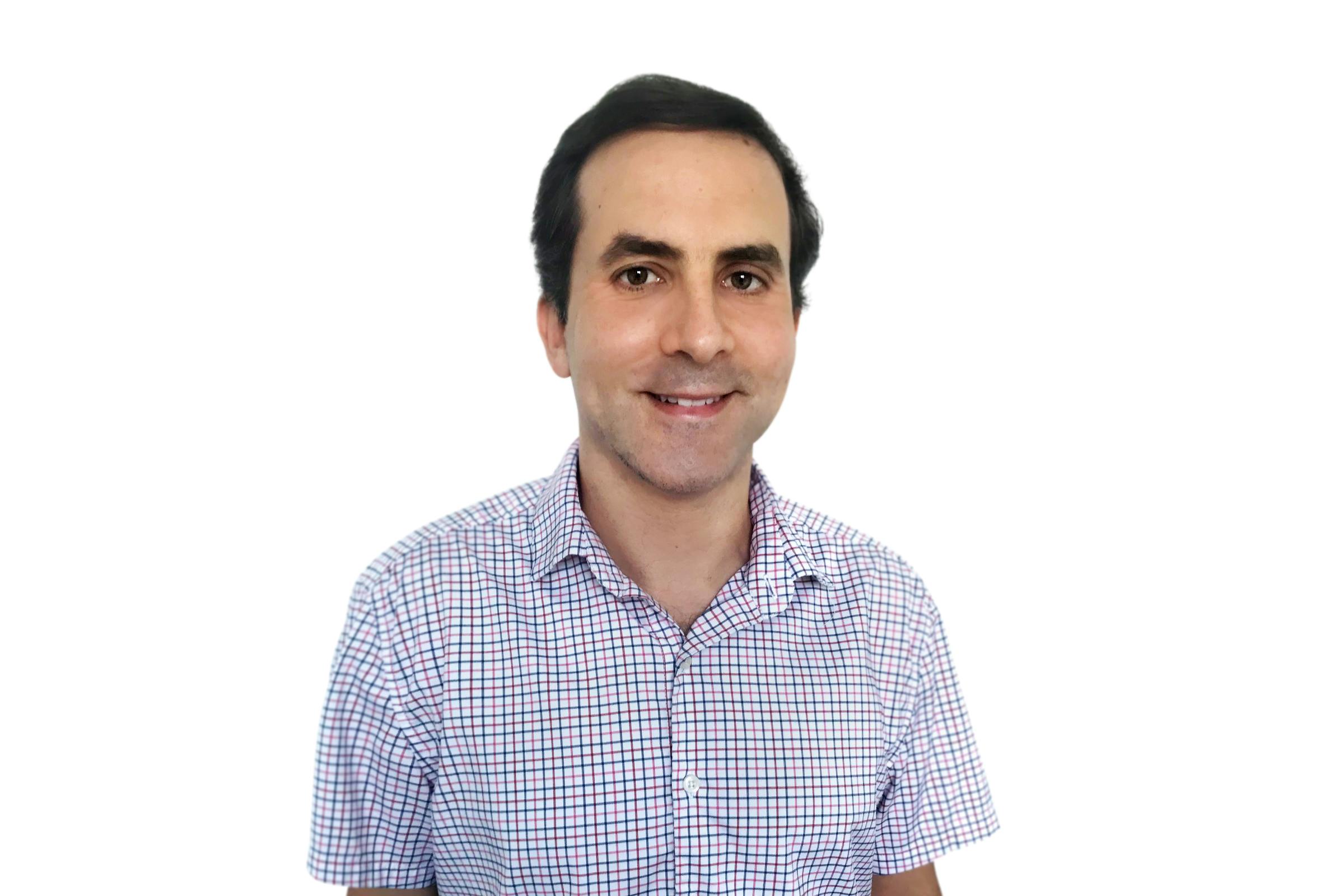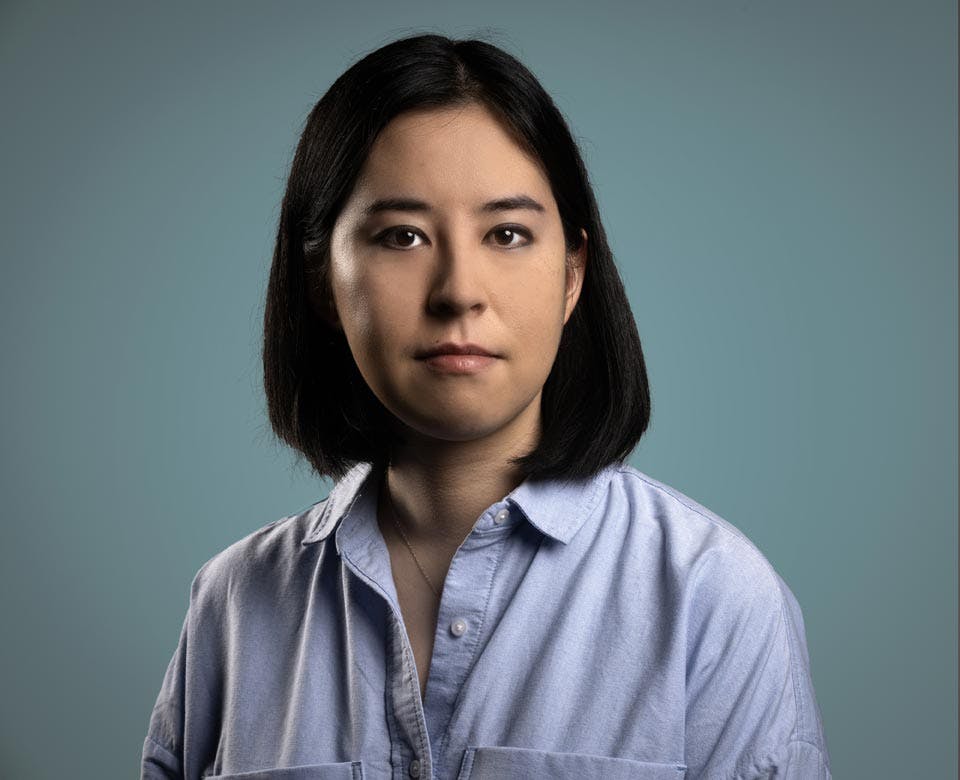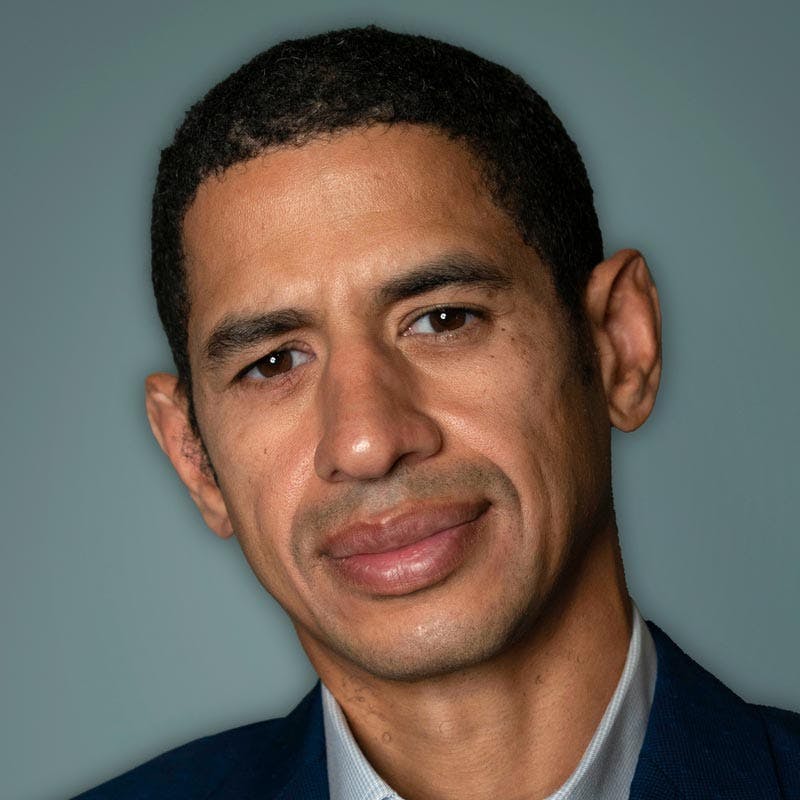
As the World Health Organization raised questions this summer about the risks of a popular artificial sweetener, a new hashtag began spreading on the social media accounts of health professionals: #safetyofaspartame.
Steph Grasso, a registered dietitian from Oakton, Va., used the hashtag and told her 2.2 million followers on TikTok that the WHO warnings about artificial sweeteners were “clickbait” based on “low-quality science.”
Another dietitian, Cara Harbstreet of Kansas City, reassured her Instagram followers not to worry about “fear mongering headlines” about aspartame because “the evidence doesn’t suggest there’s a reason for concern.”
In a third video, Mary Ellen Phipps, a Houston-area dietitian who specializes in diabetes care, sipped from a glass of soda and told her Instagram viewers that artificial sweeteners “satisfy the desire for sweetness” without affecting blood sugar or insulin levels.
Help us report
We’re continuing to report on nutrition influencers on social media, and we need your help. Fill out this form to tell us what you know. You can also reach out to us on Signal at +1-917-856-1745 or or send us an email.
What these dietitians didn’t make clear was that they were paid to post the videos by American Beverage, a trade and lobbying group representing Coca-Cola, PepsiCo and other companies.
In all, at least 35 posts from a dozen health professionals were part of the coordinated campaign by American Beverage. The trade group paid an undisclosed amount to 10 registered dietitians, as well as a physician and a fitness influencer, to use their social media accounts to help blunt the WHO’s claims that aspartame, a mainstay of Diet Coke and other sodas, is ineffective for weight loss and “possibly carcinogenic.”
The campaign, which the beverage group acknowledged organizing, highlighted a little-known tactic the multi-billion dollar food and beverage industry is using to sway consumers faced with often-contradictory health messages about popular products.
The food, beverage, and dietary supplement industries are paying dozens of registered dietitians that collectively have millions of social media followers to help sell products and deliver industry-friendly messages on Instagram and TikTok, according to an analysis by The Examination and The Washington Post.
The analysis of thousands of posts found that companies and industry groups paid dietitians for content that encouraged viewers to eat candy and ice cream, downplayed the health risks of highly processed foods and pushed unproven supplements – messages that run counter to decades of scientific evidence about healthy eating. The review found that among 68 dietitians with 10,000 or more social media followers on TikTok or Instagram, about half had promoted food, beverages or supplements to their combined 11 million followers within the last year.
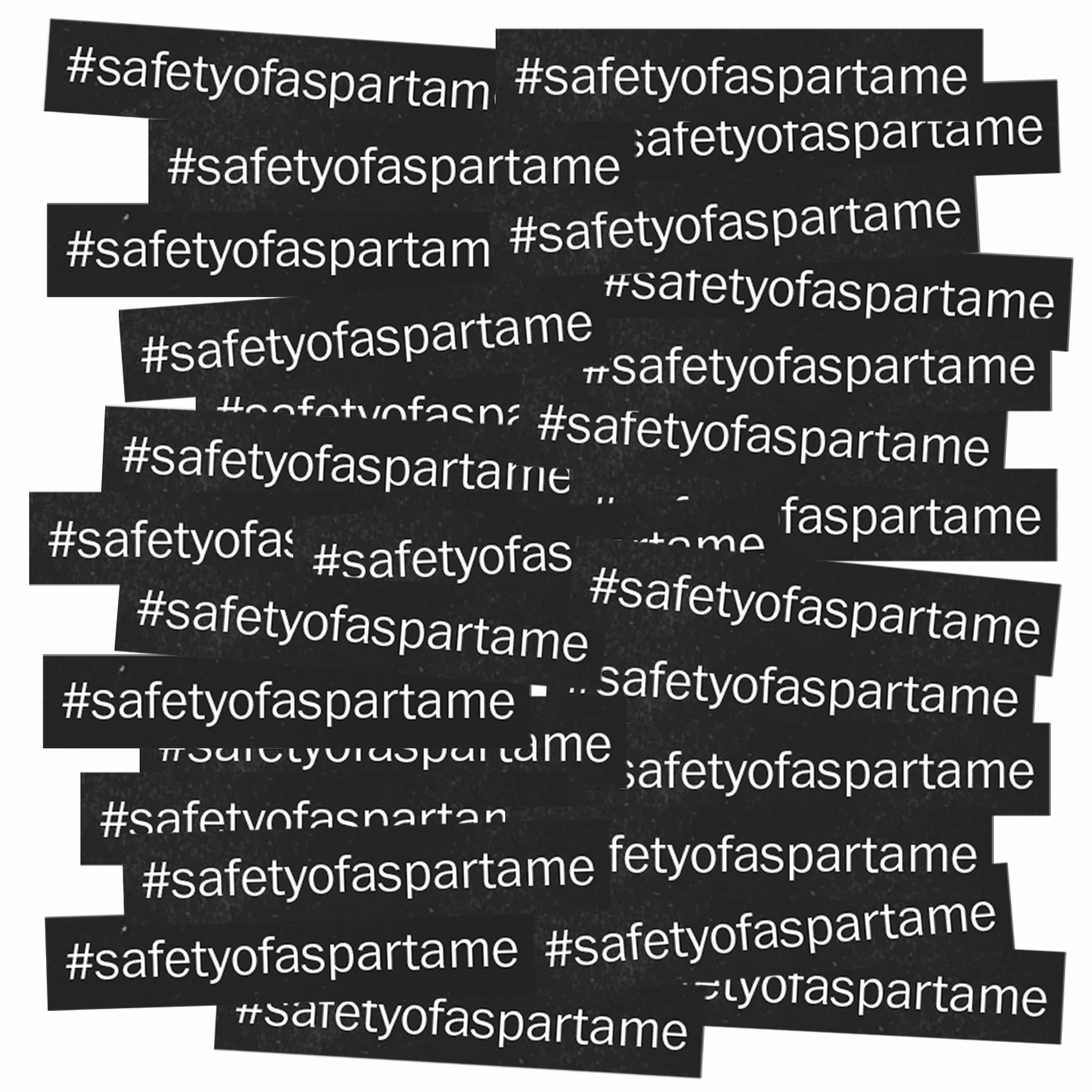
While some dietitians noted in their social media posts that they were part of paid partnerships, their relationships with the food industry were in many cases not made explicit to viewers, the analysis found. The Federal Trade Commission advises all social media influencers to be clear about who is paying them for promotions.
The strategy of enlisting dietitians on social media has allowed the industry to extend its vast reach and promote often questionable nutrition advice to new generations of teenage and Gen Z eaters and millennial parents accustomed to finding news and health advice on social media. By paying registered dietitians – health professionals who specialize in nutrition – the food industry is moving beyond the world of ordinary online influencers to harness the prestige of credentialed experts to deliver commercial messages.
“They’re getting these dietitians to essentially do their marketing for them,” said Marlene Schwartz, the director of the University of Connecticut’s Rudd Center for Food Policy and Health.
American Beverage said the dietitians who participated in its campaign adequately disclosed their relationships to the trade association by flagging the posts as paid partnerships or listing the #safetyofaspartame hashtag or the safetyofaspartame.com website, which includes the American Beverage logo at the bottom of the page. Out of 35 videos, 11 specifically named the association or “AmeriBev” as the partner at the time the videos were first posted, according to the beverage group.
A spokesman said the campaign was warranted because the U.S. Food and Drug Administration and other health authorities have said aspartame is safe and disagreed with the WHO’s warnings.
“The registered dietitians and nutritionists we relied on shared their own informed opinions when communicating the facts to their audiences, and were up front about being paid,” said William Dermody, an American Beverage spokesman.
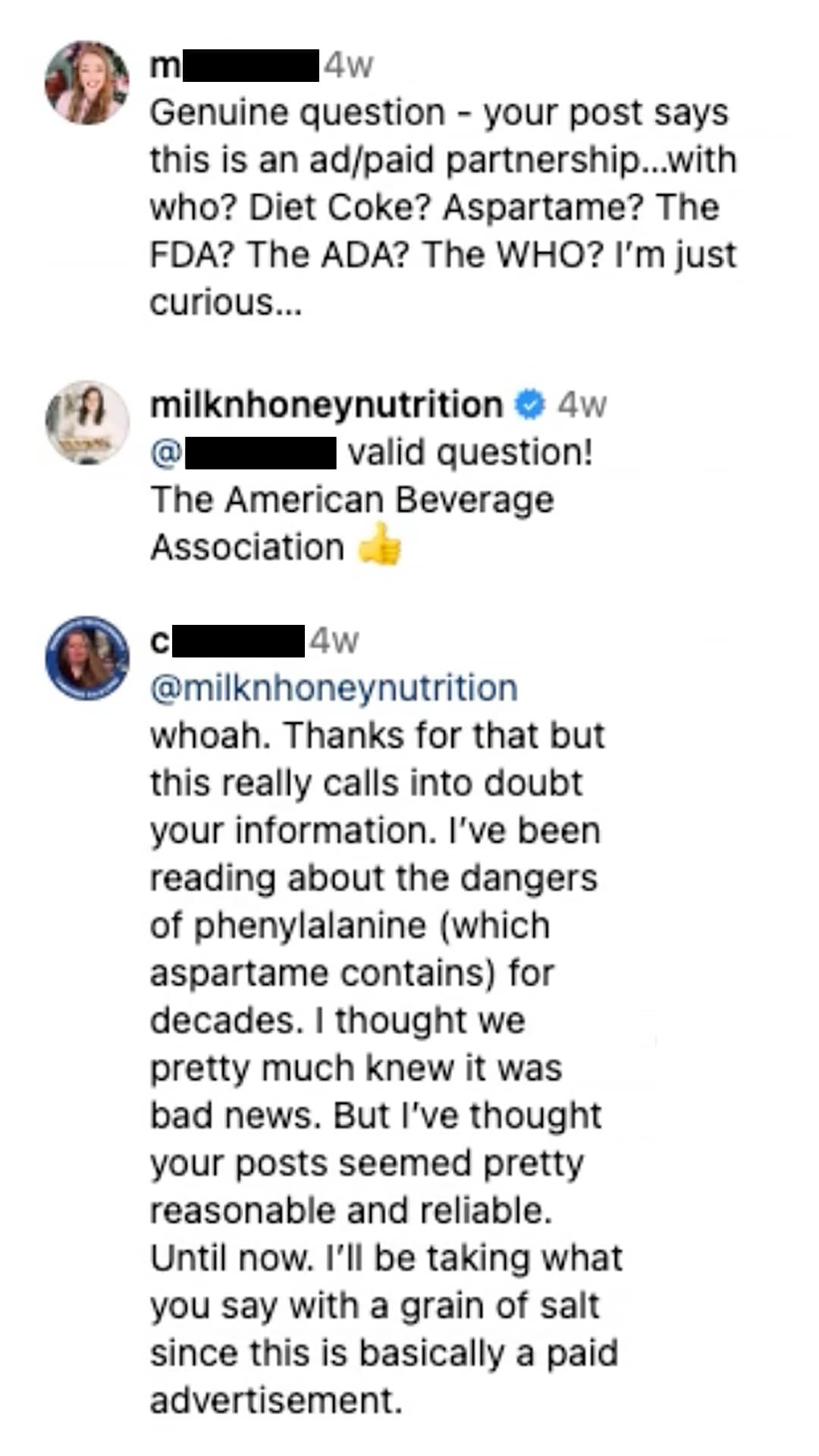
Grasso declined to comment. Harbstreet and Phipps didn't respond to phone calls, emails and a letter. After inquiries from The Examination and The Post, Harbstreet’s Instagram posts were changed to include “Paid Partnership with AmeriBev.”
In comments on several of the posts, viewers expressed confusion about who sponsored the videos and whether the dietitians were being paid to defend aspartame.
In the video that Phipps posted on her Instagram account “milknhoneynutrition,” she included the phrases “Paid partnership,” #ad and #safetyofaspartame. When a viewer posted a comment on the video asking Phipps who her “paid partner” was, Phipps acknowledged it was American Beverage and said any suggestion that “I would compromise my professional ethics for money is insulting.”
Another commenter replied, “You’re insulted, but I’m disillusioned.”
Encouraging followers to eat sugar and candy
Most of the 78,000 dietitians and nutritionists in the United States aren’t social media influencers. Many work in hospitals, departments of health, and private practices, and their median annual salary is $66,450, according to 2022 data from the Bureau of Labor Statistics.
While the dietitian influencers contacted for this article wouldn’t say how much they are paid for sponsored posts, several said that companies generally pay a few thousand dollars per video and that offers could be as high as tens of thousands of dollars for creators with the biggest social media audiences.
Registered dietitian Lindsay Pleskot, of Vancouver, British Columbia, has posted videos of herself eating ice cream and peanut butter cups while telling people that denying themselves sugary food will only make cravings worse.
These and other posts were paid for by the Canadian Sugar Institute. The trade group, which is funded by sugar producers, includes the videos on its Instagram page.
In one video, Pleskot held a glazed donut and chocolate chip cookie, and she mocked advice to reduce sugar intake. She said the “best” ways to cut sugar are “with a knife, with my hands, even with my teeth.”
In the description next to the video, she wrote, “dietitian approved.”
Later in the post, it said “(AD),” to indicate it was a paid advertisement. After inquiries about the partnership, the posts were updated with “CdnSugarNutr,” which is the instagram account for the Canadian Sugar Institute.
In an email, Pleskot said she “initially” had concerns about working with the sugar group, but that she has full control over her posts, which reflect her belief in “removing guilt and shame around food.” She wrote that “all collaborative content has been the same messaging I have shared organically for years.”
“My integrity is most important to me,” she said.
Another dietitian with a large social media following, Jenn Messina, of North Vancouver, posted a video on Instagram where she added a lollipop to a dinner plate. She told parents the strategy will “prevent sweets obsession” and help kids develop healthier relationships with food. In another Instagram video, she told parents they can make Halloween less stressful by allowing kids to eat as much candy as they want when they’re done trick-or-treating.
“This helps decrease the stash and makes it less of a ‘big deal,’” she wrote in the text alongside the video. “Yes, they may barf. That’s a great life lesson.”
Messina also was paid by the Canadian Sugar Institute, which she disclosed on her posts and in an interview. Messina said that, while her advice is “nontraditional,” her goal is to help parents.
The U.S. Centers for Disease Control and Prevention has said that too much added sugar can contribute to obesity, type 2 diabetes and heart disease.
Messina declined to say how much the sugar institute pays her for sponsored videos. She said she pitches ideas for videos to the institute but has “full say” on what she posts. “I don’t work with any industries that tell me what to say or how to say it – it has to be 100 percent my voice, or I won’t do it,” she said.
Since last year, the sugar group has paid at least a dozen registered dietitians to post videos about sugar on Instagram.
“If your kiddo is obsessed with sweets they likely need MORE access to sweets rather than LESS,” Messina wrote in one sponsored Instagram post.
The Canadian Sugar Institute said dietitians often come to the group for help expanding their reach and that the institute does not tell them what to say.
“As with any dietitian activity, social media posts are based on each dietitian’s authentic interests, experience and independent evaluation of the evidence,” said Chiara DiAngelo, a registered dietitian and director of nutrition communications for the sugar institute, in an email.
Help us report on nutrition influencers on social media
The analysis by The Examination and The Post also found that dietitians have been paid to tout the benefits of dietary supplements that lack scientific consensus, including products like collagen supplements promoted for skin, nail and joint health; detox teas that claim to help the body expel toxins; and capsules marketed for “mitochondrial health.”
Cinthia Scott, an Augusta, Georgia-area dietitian who has more than 300,000 followers on Instagram, encourages parents to give what she calls “brain boosting” omega-3 fatty acid supplements to children as young as 6 months old. In the text adjacent to her post Scott wrote, “Paid partnership with carlsonlabs.” Carlson Labs is an Illinois-based supplement company.
The American Academy of Pediatrics warns that such supplements are not approved by the FDA. “Their contents may not match what is listed on the label,” the academy says. “Adverse events are not always reported either.”
Schwartz, the University of Connecticut nutrition expert, said she found it “particularly egregious” that a dietitian would try to convince parents to give their children unproven supplements. “It’s just so incredibly unfair to parents who are trying to get clear information,” she said.
Carlson said the dietitians it sponsors make their own assessments before giving endorsements. “Carlson is committed to partnering with knowledgeable and respected professionals in relevant fields who use their expertise ethically and transparently,” the company said in a statement. Scott did not respond to emails, phone calls and a letter.
Lack of clear disclosure ‘bad for consumers’
Regulators have struggled to keep up with the rapid rise of the online influence industry, experts say.
The Federal Trade Commission instructs influencers who are paid to create sponsored messages to say clearly in both their videos and in the text of their posts that they have a financial relationship with the brand they’re promoting.
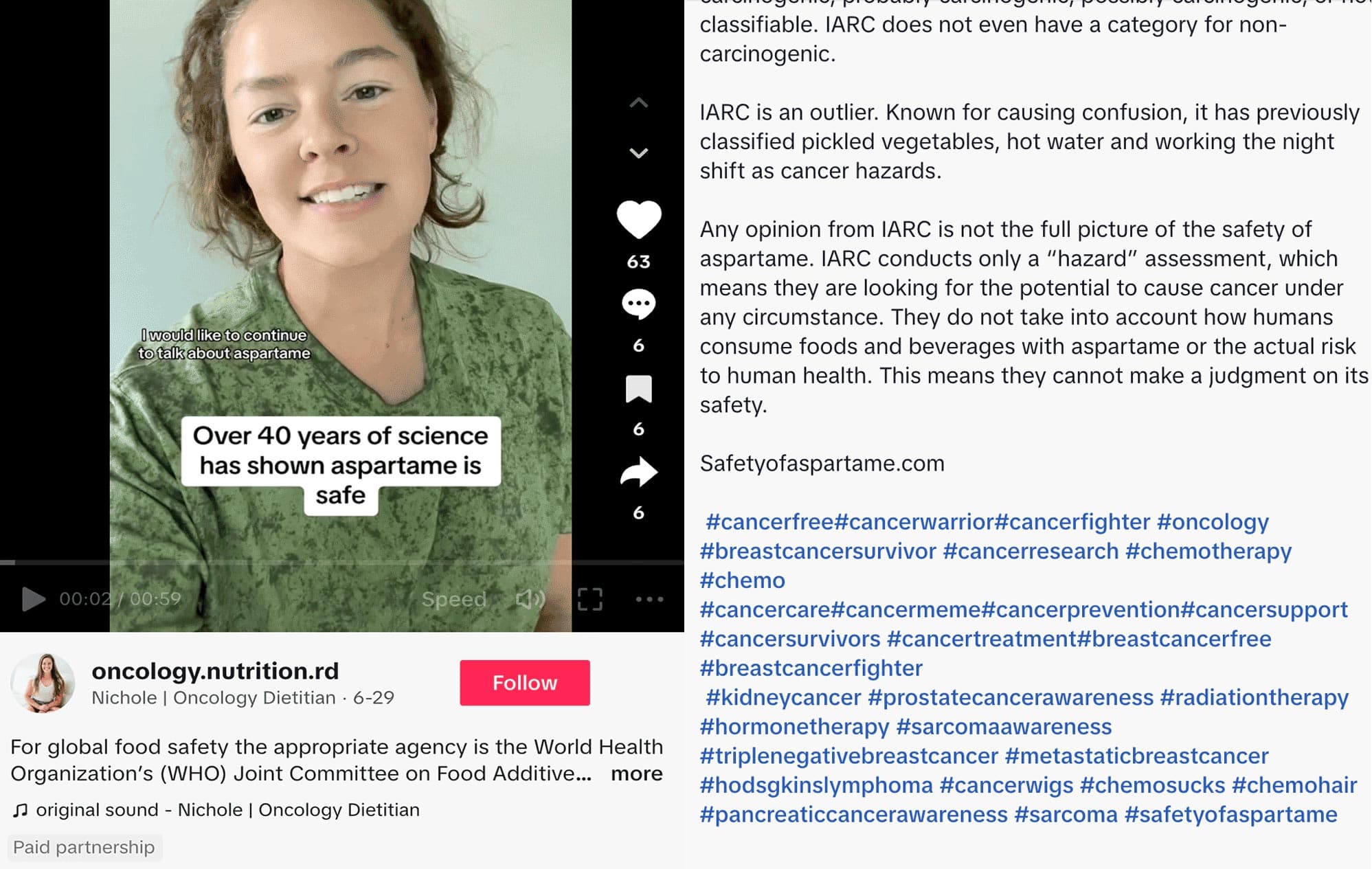
Few of the dietitians in the analysis said in their actual videos that their posts were advertisements. Instead, in the text accompanying their videos, they used terms like #ad, #sponsored or “Paid partnership.”
Michael Ostheimer, an attorney for the FTC’s division of advertising practices, said a key test is whether the sponsorship would surprise consumers and affect their opinion of the message’s credibility – what the agency refers to as an “unexpected material connection.”
Of the 33 dietitians who posted paid content to their millions of followers, about half (17)did not clearly disclose their sponsorships in at least one of their posts. Another two placed disclosures deep in the descriptions.
American Beverage’s campaign with dietitians is a case that would require clear disclosure, according to Bonnie Patten, executive director of Truth in Advertising, a nonprofit group that combats deceptive marketing.
“Would you expect that a dietitian would be partnering with the soda industry?” Patten asked. “Those are the most important kinds of disclosures that we need.”
In 2020 the FTC sent 10 warning letters to influencers, including rapper Cardi B, for not disclosing paid social media ads for a tea marketer. The tea company agreed to pay $1 million to settle charges that it misled consumers and didn’t adequately disclose payments to social media influencers.
But aside from periodic sweeps against deceptive conduct, the commission does not have the resources to comprehensively enforce behavior within a continually expanding online marketplace, said David Vladeck, former head of the commission’s bureau of consumer protection and now a Georgetown University law professor.
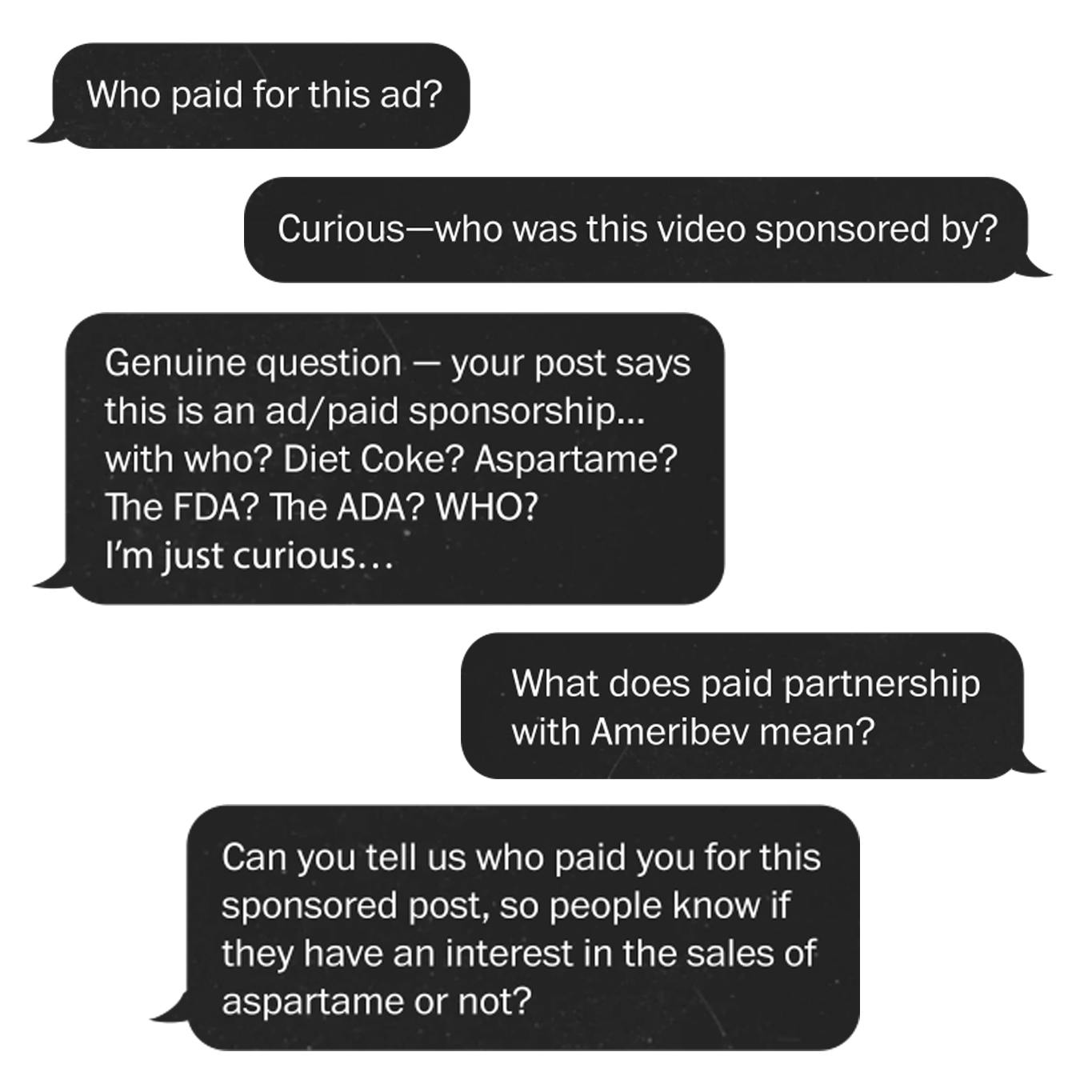
“When you don’t have sufficient enforcement, companies think they can get away with it,” Vladeck said. “No one on either side of the table thinks the FTC has the resources to really police this marketplace. And that’s bad for consumers.”
The Academy of Nutrition and Dietetics, the trade group that oversees registered dietitians, has a code of ethics that says that dietitians should disclose conflicts of interest and avoid “accepting gifts or services which potentially influence or which may give the appearance of influencing professional judgment.”
Lauri Wright, the academy’s president, said the group educates its members “so that dietitians know what that line is and how not to cross that line.”
The academy has a board of ethics that reviews allegations that dietitians have violated its ethical code and can impose penalties, including revoking a dietitian’s license if it finds that a violation took place. So far, the board has not received any complaints about social media activities, Wright said.
Close ties between the food industry and dietitians
The food and beverage industry has for years nurtured a close relationship with the academy, which has accepted millions of dollars in donations from leading producers of soda, candy and ultra-processed foods, including Coca-Cola, PepsiCo and Nestlé.
The academy has allowed these companies to provide continuing education courses to its dietitians and has invested in food industry stocks. Two of the academy’s current sponsors are American Beverage and Tate & Lyle, one of the world’s largest producers of high-fructose corn syrup and other sweeteners.
Some dietitians have questioned the relationship between the academy and big food and beverage companies. In response to a 2013 report that investigated the academy’s industry ties, more than a dozen registered dietitians formed Dietitians For Professional Integrity, a group that advocated against what members saw as compromising financial ties to the food industry.
Although the group raised these concerns from dietitians directly with the academy – an early petition garnered over 24,000 signatures – the group disbanded in 2018.
“Fundamentally, I think it really fell on deaf ears throughout the time that we were advocating for this cause with the academy,” said one of the group’s cofounders, Elizabeth Lee, a registered dietitian and health educator at Stanford Medicine.
Wright, the president of the nutrition academy, said in an email that its leaders “communicated often” with Dietitians for Professional Integrity when the group was still active, and that the academy has a “stringent process for reviewing, approving and rejecting potential corporate sponsors.” She said sponsorships represent less than seven percent of the academy’s revenue, and that “sponsors do not influence the academy’s positions."
In the vetting system for sponsors, the academy looks “at the mix of products" a company sells, Wright said. The beverage industry “sells so much more than just soda."
Paid partnerships with food brands and industry groups
Dietitians who boast large social media followings said that brands are eager to recruit them, flooding them with offers to pitch products.
@stephgrassodietitian Don’t fall for clickbait headlines without reading and reviewing the actual studies👏🏼 There is A LOT of talk about aspartame right now, so I want to break it down one video at a time to prevent misinformation from spreading. #safetyofaspartame #aspartame #ad ♬ original sound - Steph Grasso, MS, RD
Among the most popular is Grasso, with a combined following of 2.4 million on TikTok and Instagram. In her videos, she dances and lip syncs to pop music while preparing recipes or dresses in different outfits, such as red for blood sugar or blue for insulin, to explain nutrition concepts. Her goal, Grasso writes on her website, is to use her “expertise and comedy to provide evidence-based nutrition advice and debunk trending nutrition myths.”
Grasso has parlayed her popularity into endorsement deals with numerous food and dietary supplement companies.
In recent months, she has posted sponsored TikTok and Instagram videos for brands including Barilla pasta, Bush’s Beans, KIND Snacks, Orgain collagen powders, Hint Water flavored beverages, and Tree Top apple sauce. In these ads, Grasso flagged the posts as paid partnerships and tagged the brands in her captions.
Shana Minei Spence, a dietitian with more than 265,000 followers on Instagram, eats pizza, French fries and ice cream in her social media videos to illustrate that no foods should be stigmatized. Spence, who works for the New York City Department of Health and Mental Hygiene, describes herself as “pro-processed foods.”
Spence said she partners with companies that share her values and turns down about 90 percent of sponsorship offers she receives. “I work in marginalized and food insecure neighborhoods, which is why I am passionate about de-stigmatizing processed foods,” she wrote in an email.
Spence said she has been paid by the Japanese multinational food company Ajinomoto for a video debunking concerns about the flavor enhancer MSG. Spence didn’t say in the video that the message was sponsored. The caption says #AjiPartner. A spokesperson for Ajinomoto said that dietitians were essential to its campaign because of their “ability to communicate science credibly.”
Spence has also posted on TikTok for a Dave’s Killer Bread snack bar. “Just keep them at your desk,” she said. In the caption she wrote #ad, the brand name tagged the post as a “Paid partnership.” Dave’s Killer Bread did not respond to questions.
In April 2022, PepsiCo paid Spence to teach a webinar to other dietitians entitled “Unpacking Preconceptions About Packaged Foods,” she said. Registered dietitians who participated received continuing education credits.
In the webinar, Spence disputed health concerns about processed foods. “What we have to do as dietitians, as health professionals, is really debunk some of this information,” she told her listeners.
In an interview, Spence said PepsiCo had no role in shaping her presentation. She declined to say how much the company paid her for the event. PepsiCo didn’t respond to a request for comment.
Monica D’Agostino, a New York dietitian with more than 740,000 followers on TikTok, said in one video that she gets a barrage of offers to pitch “greens powders,” dietary supplements that are widely promoted with unproven claims and haven’t been well studied.
@saltandsagenutrition Replying to @ErinMarie #greenscreen my thoughts on greens powders. No hate to any company or anyone who promotes them (get your check girl). I am simply letting you know why I do not personally take those deals! #greenspowder #dietitianthoughts #greenspowdersupplement ♬ original sound - Monica
In her video, D’Agostino said she would never “blindly promote” the powders because the blends of ingredients aren't always clear. She jokingly lamented her professional ethics, “because there is a check behind those powders.”
D’Agostino, who didn’t respond to requests for comment, said in the video that if she took the money she was offered to promote the supplements, she could afford to buy eight $1,450 designer Saint Laurent handbags and give $549 Apple Airpods Maxes to twenty of her friends.
“I could be like Oprah with my friends: One for you, one for you, one for you,” D’Agostino said. “This is just me showing you – there is money behind those greens powders that are being marketed to you.”
About this story
This report is a joint investigation by The Examination and The Washington Post. Story editing by Raquel Rutledge, Craig Timberg and Tara Parker-Pope. Data editing by Meghan Hoyer. Copy editing by Melissa Ngo. Video by Alexa Juliana Ard. Video animations by Brian Monroe. Video editing by Neeti Upadhye. Design by Chelsea Conrad. Design editing by Christian Font. Data fact-checking by Hayden Godfrey from the Investigative Reporting Workshop at American University.
Methodology
The Examination and The Post analysis included registered dietitians on Instagram and TikTok who used “Registered Dietitian,” “RD” or “RDN” in their account name or social media bio as of July 2023 (social media users can adjust these fields at any time). The analysis included only those who had at least 10,000 followers (the lower threshold for what is typically considered a “micro-influencer”), had created at least 10 posts over the last year, and had posted English-language content.
This identified 68 influencers. Reporters archived all posts between July 1, 2022, and Aug. 1, 2023, generating a database of over 6,000 pieces of content.
Two reporters separately reviewed each influencer’s posts to identify instances when the dietitian at least once promoted a product, brand or industry-sponsored message. This included using a “Paid Partnership” tag on the post, mentioning personalized discount codes or writing “#ad” or “#sponsored” in the post description. These criteria were selected based on the Federal Trade Commission’s guidelines for social media influencers.
Reporters manually reviewed feeds and defined posts as having an unclear disclosure if the post (1) was promotional but had no clear disclosure, (2) was labeled as an ad but the brand sponsoring the post was unclear (e.g. the use of a vague “partner” tag instead of a brand mention), or (3) had a sponsorship disclosure but the “ad” mention was placed deep in the description of the post.
